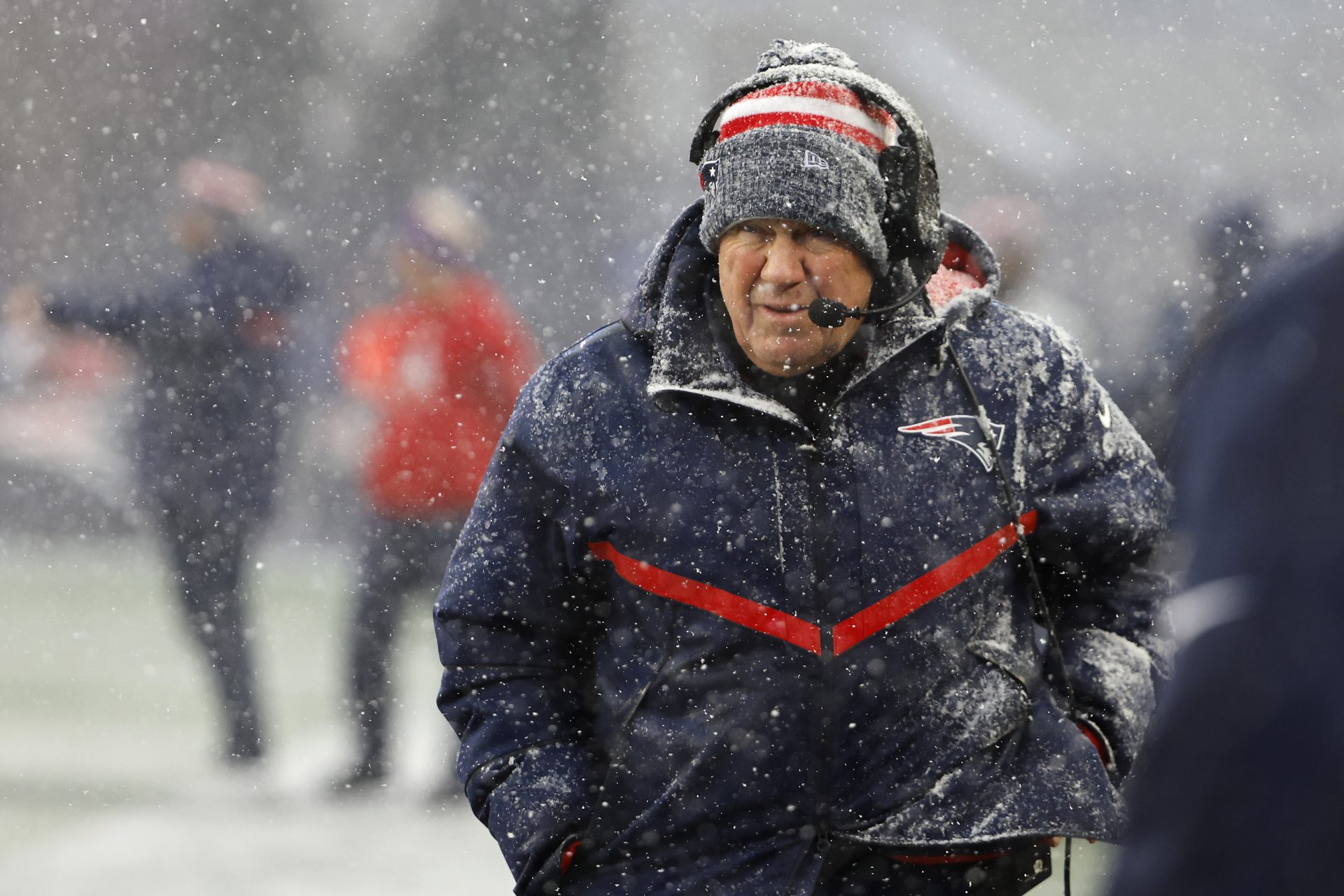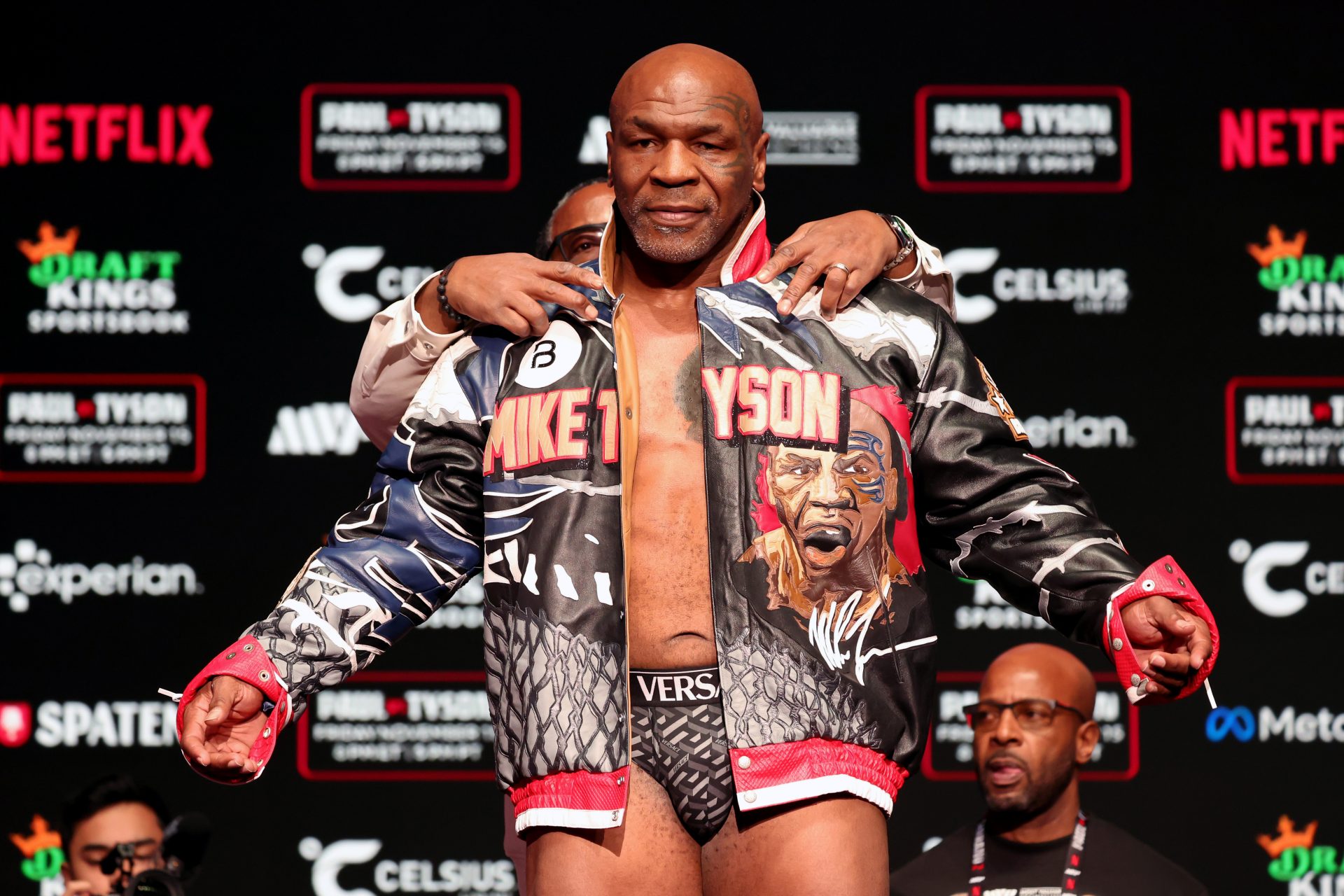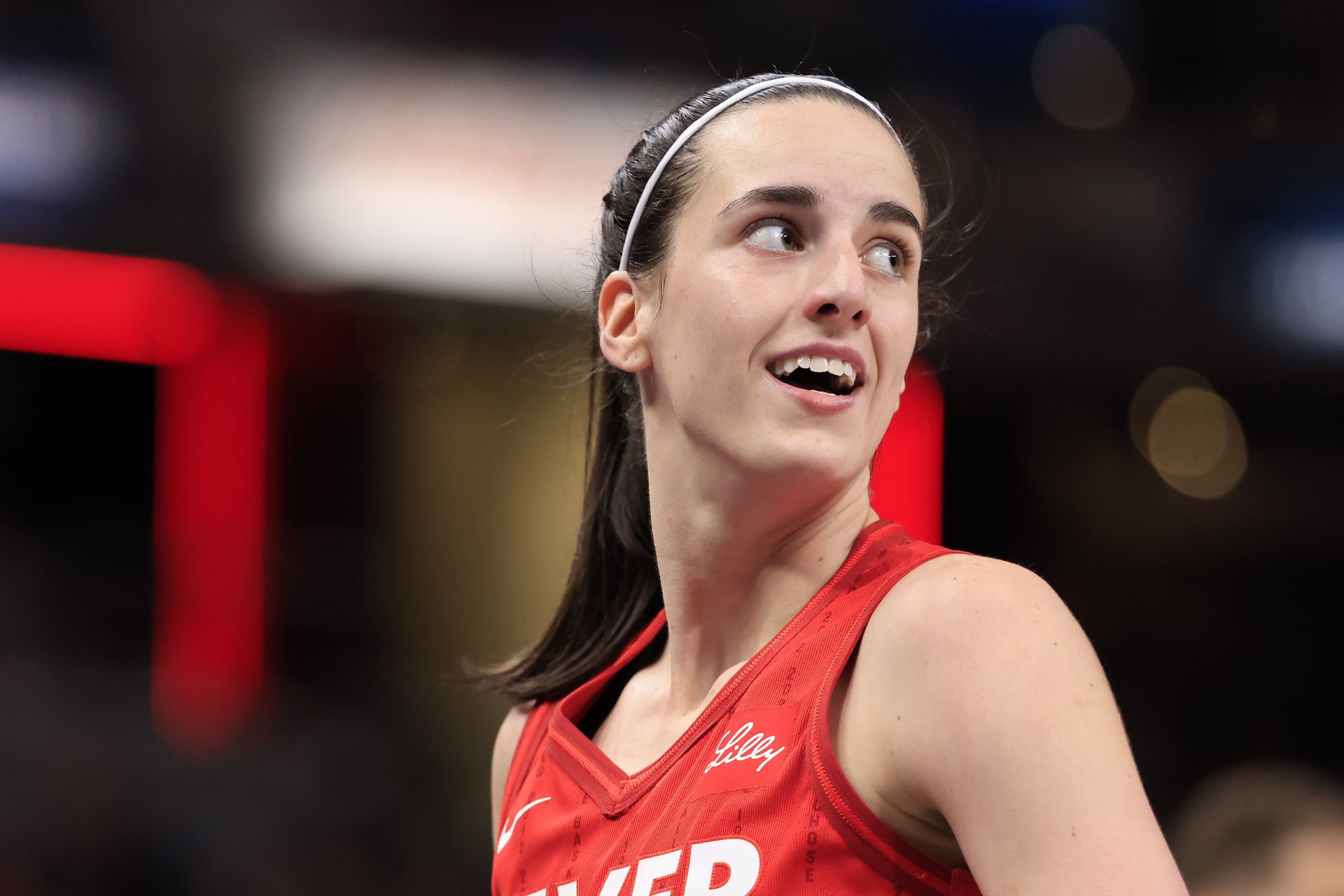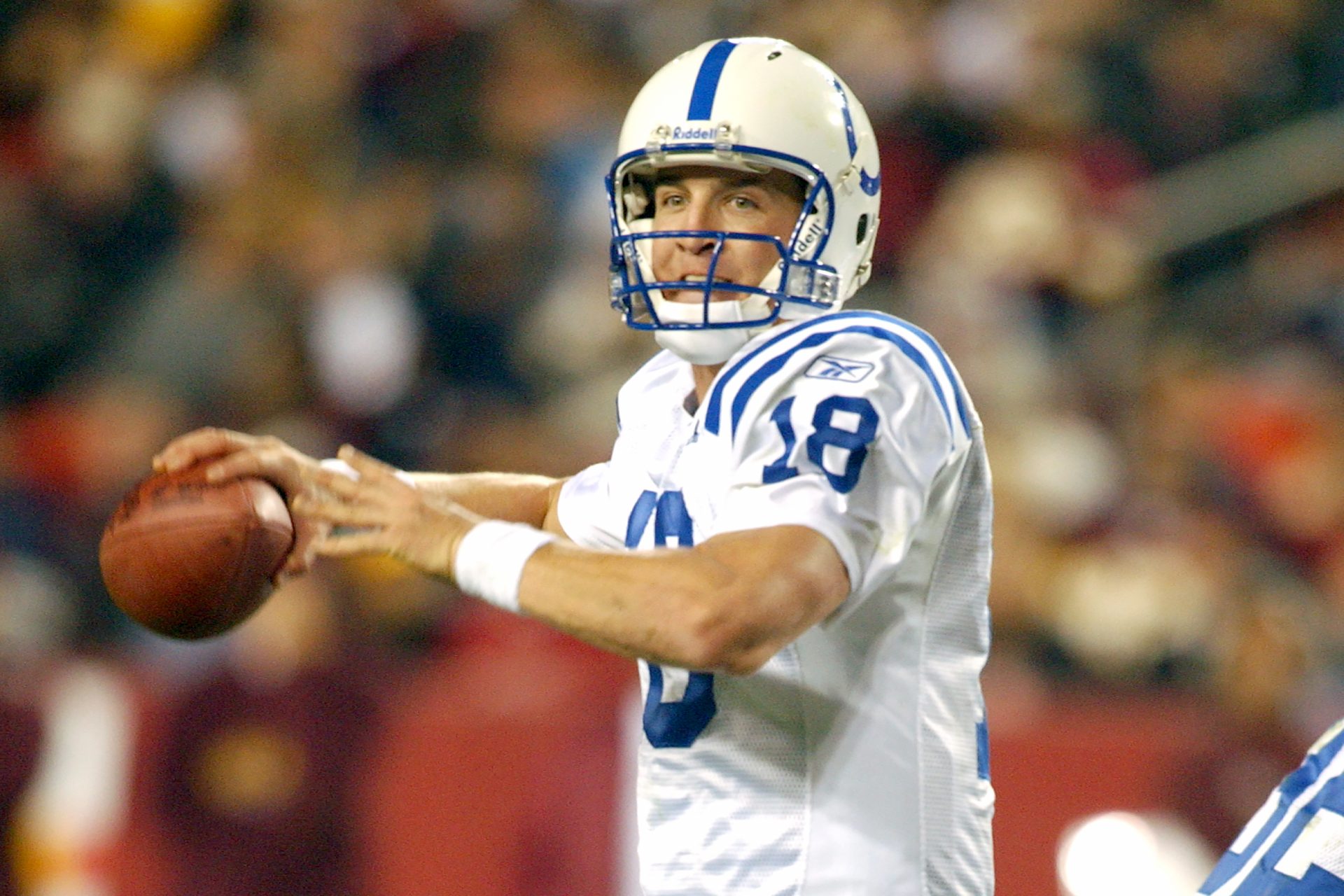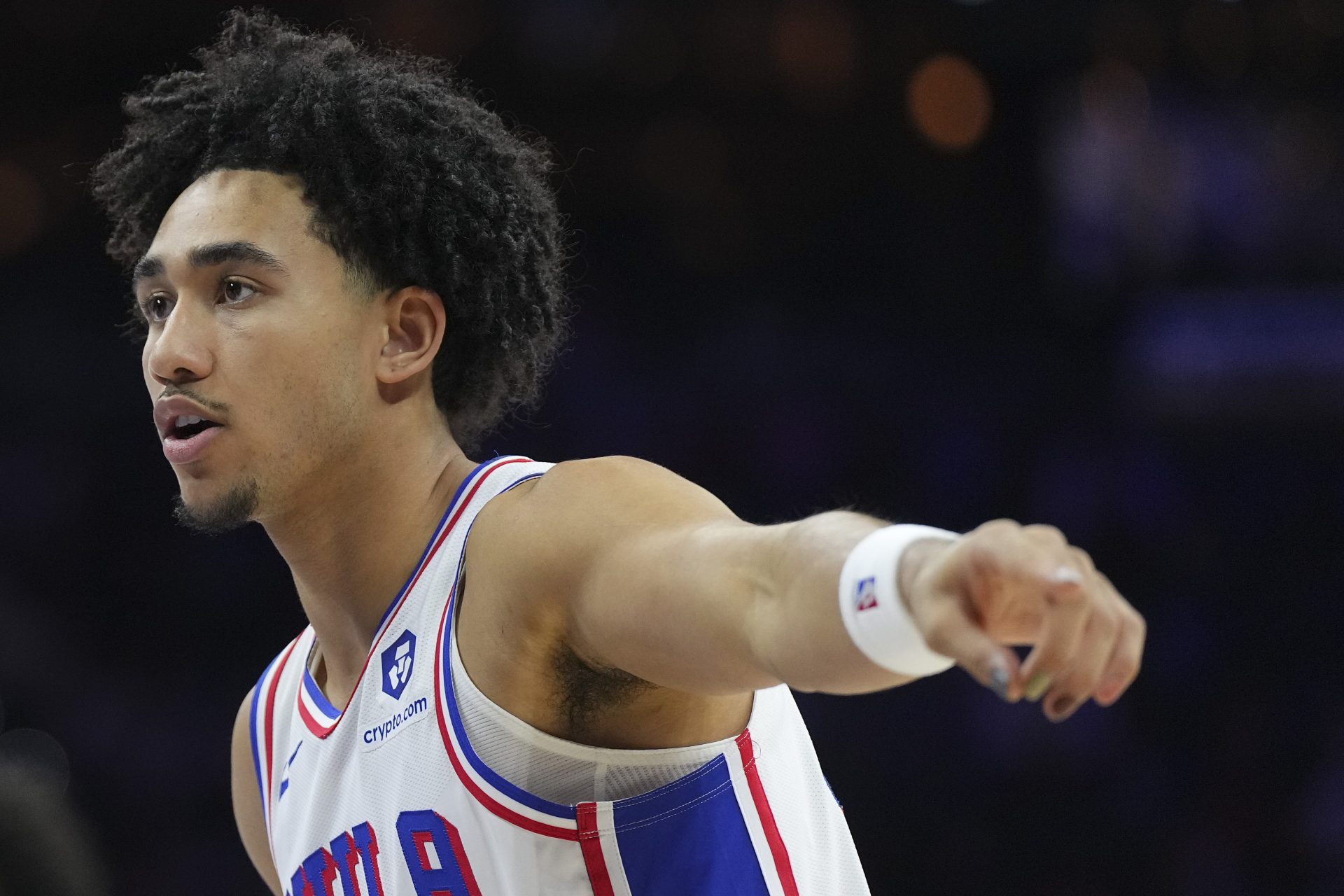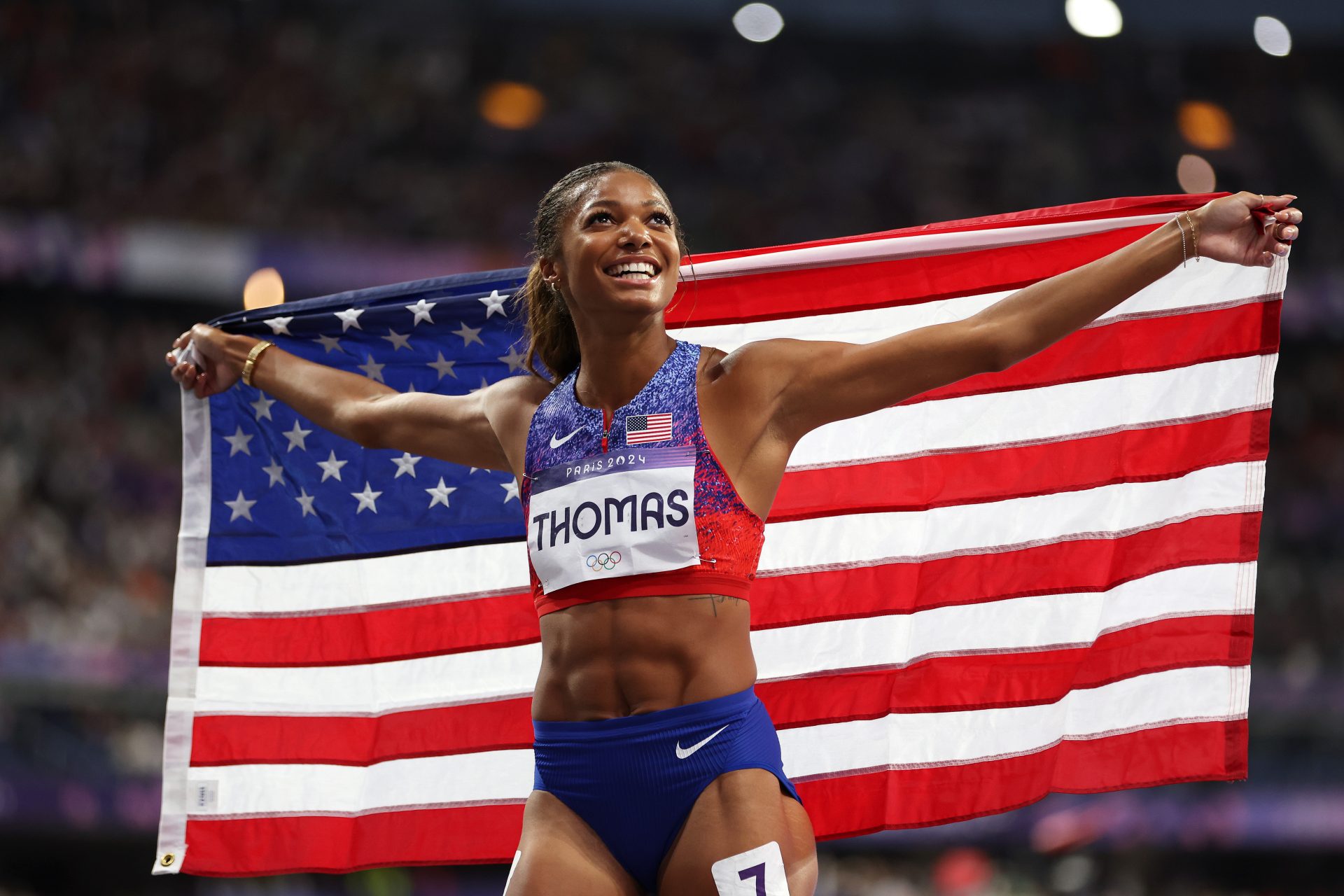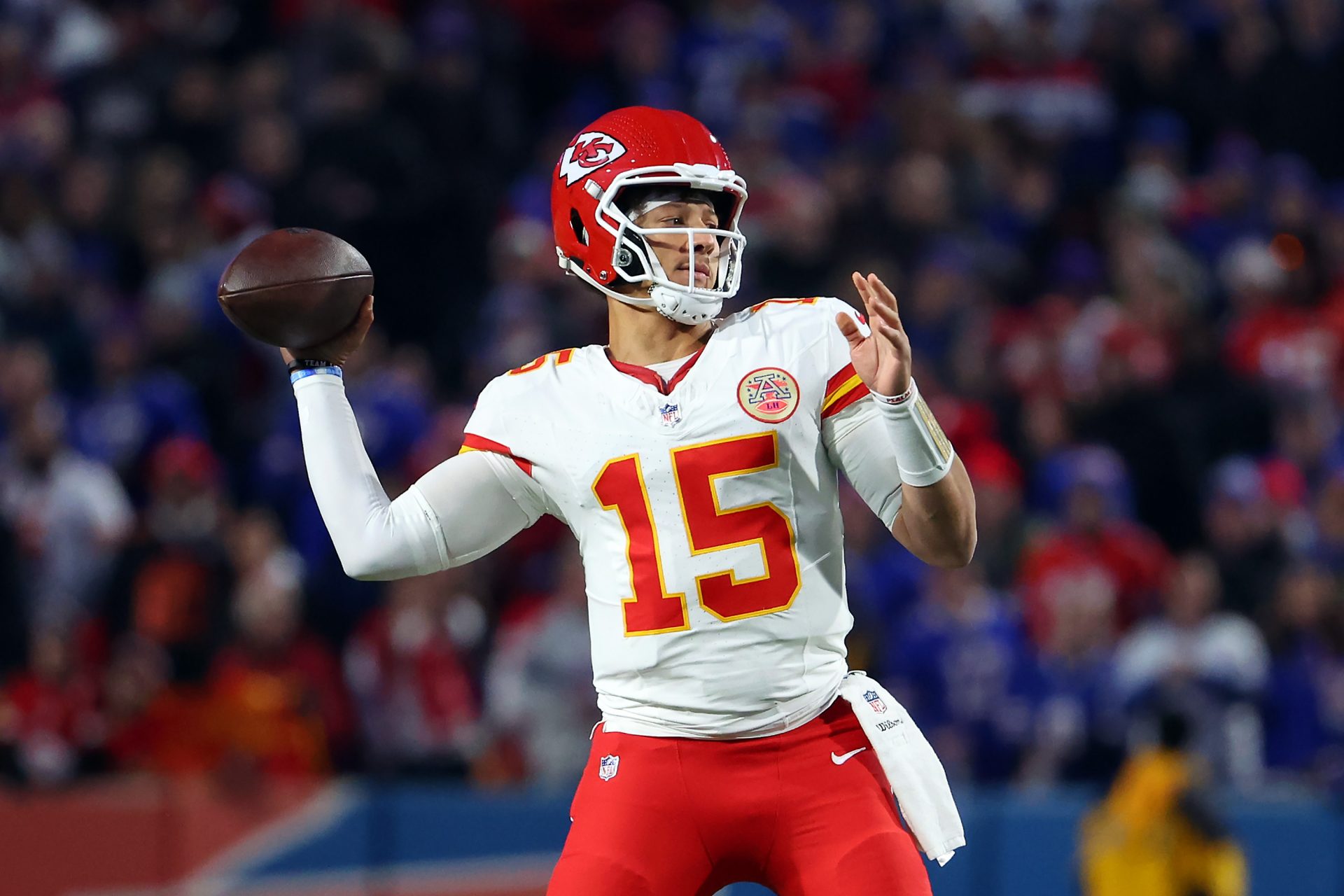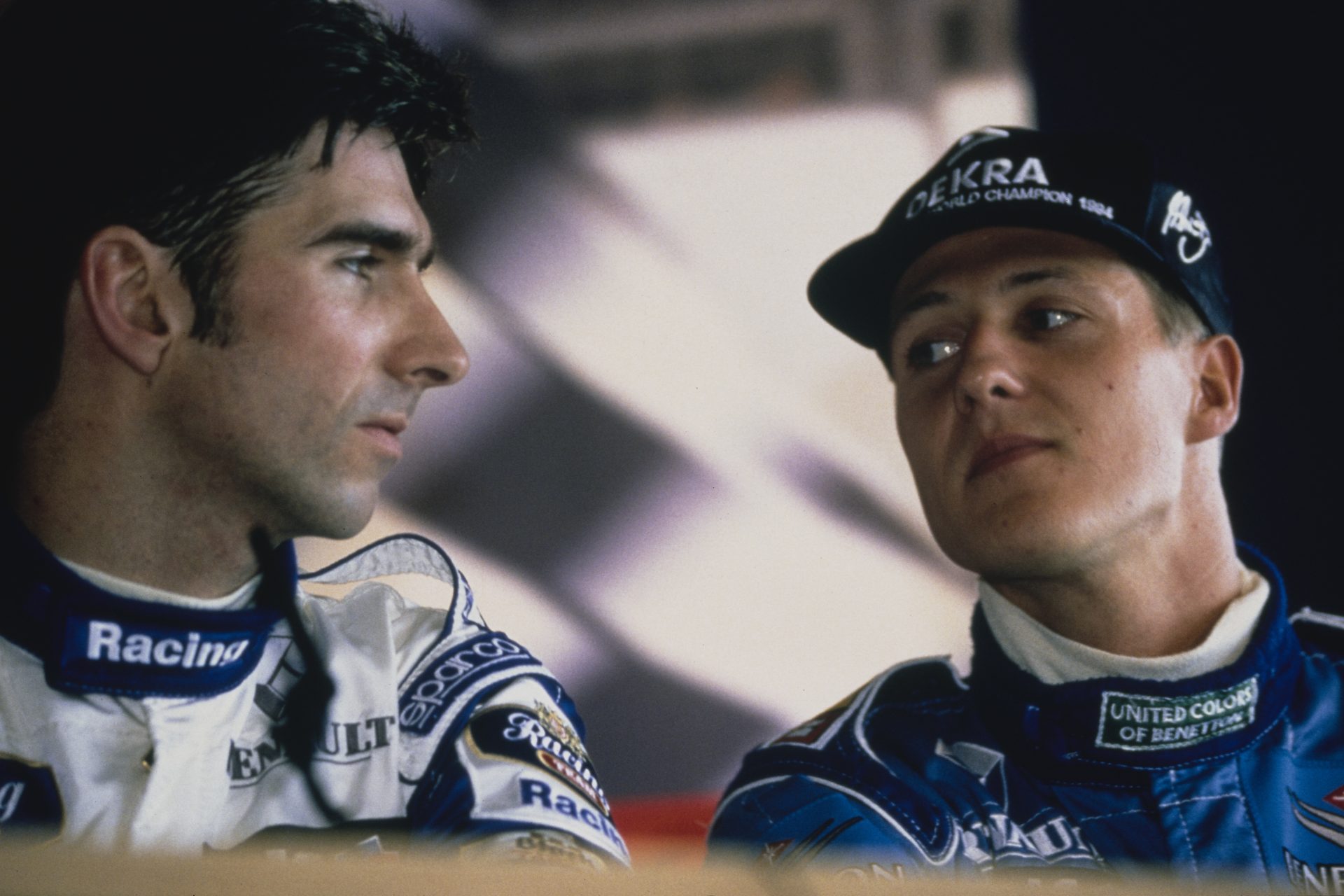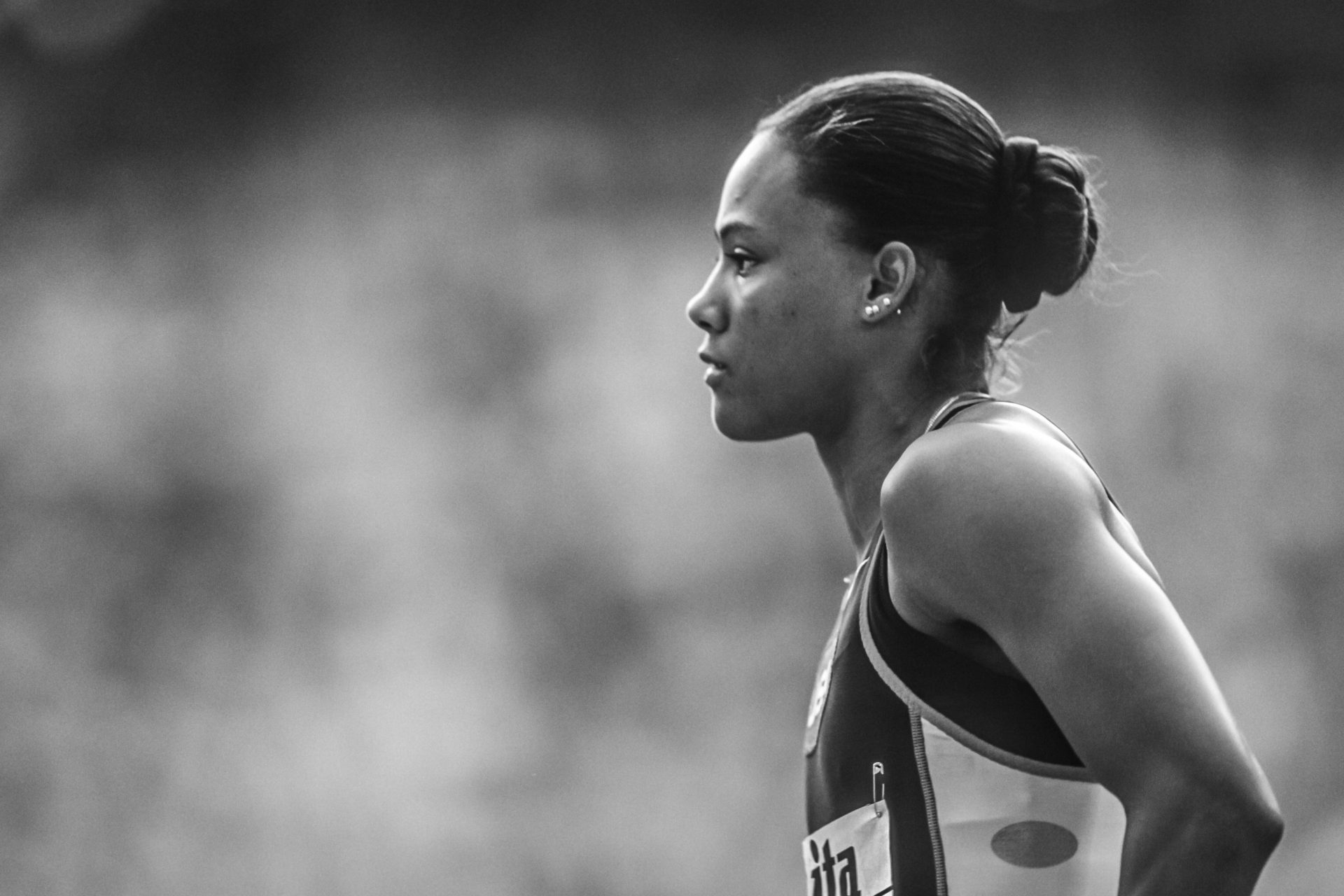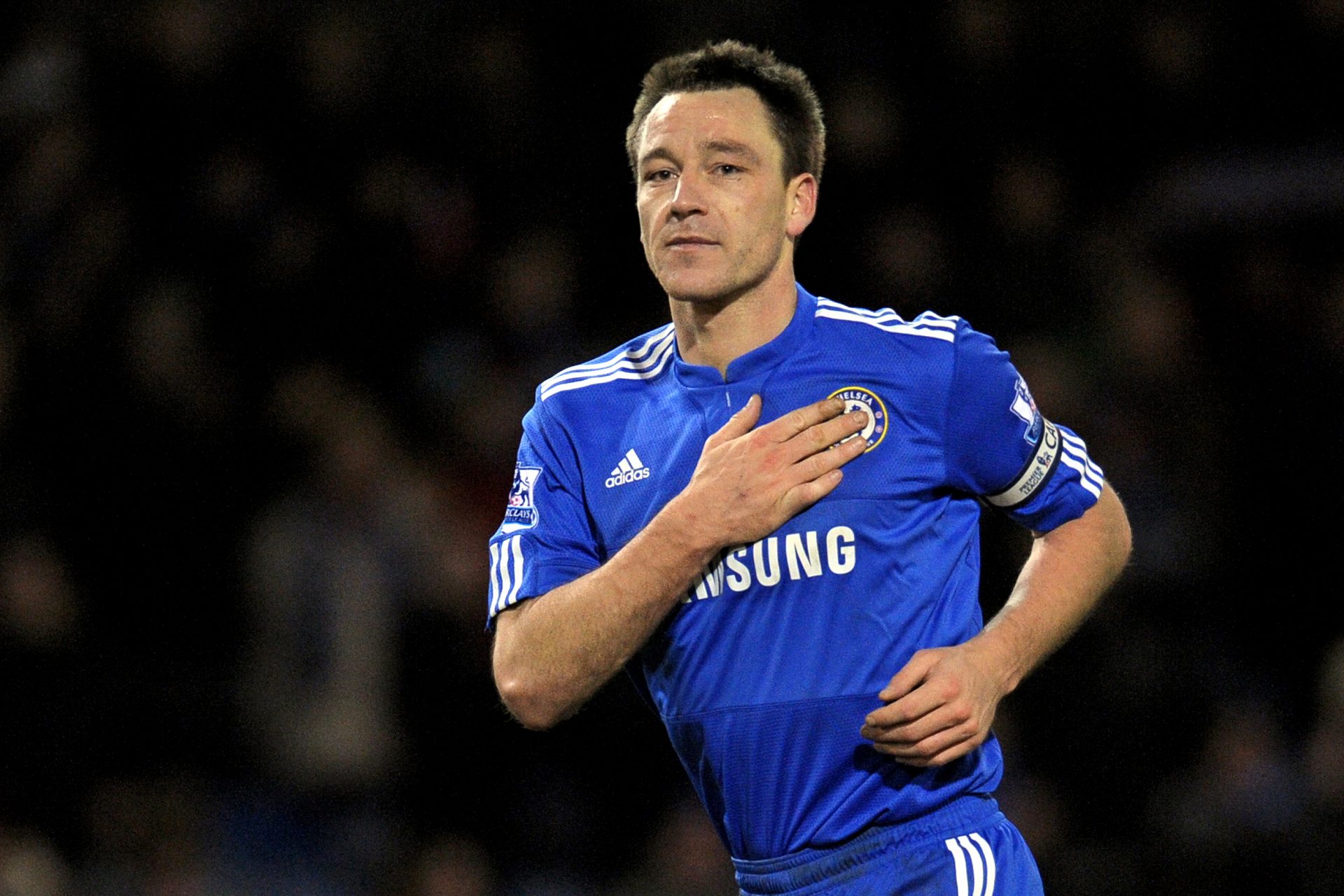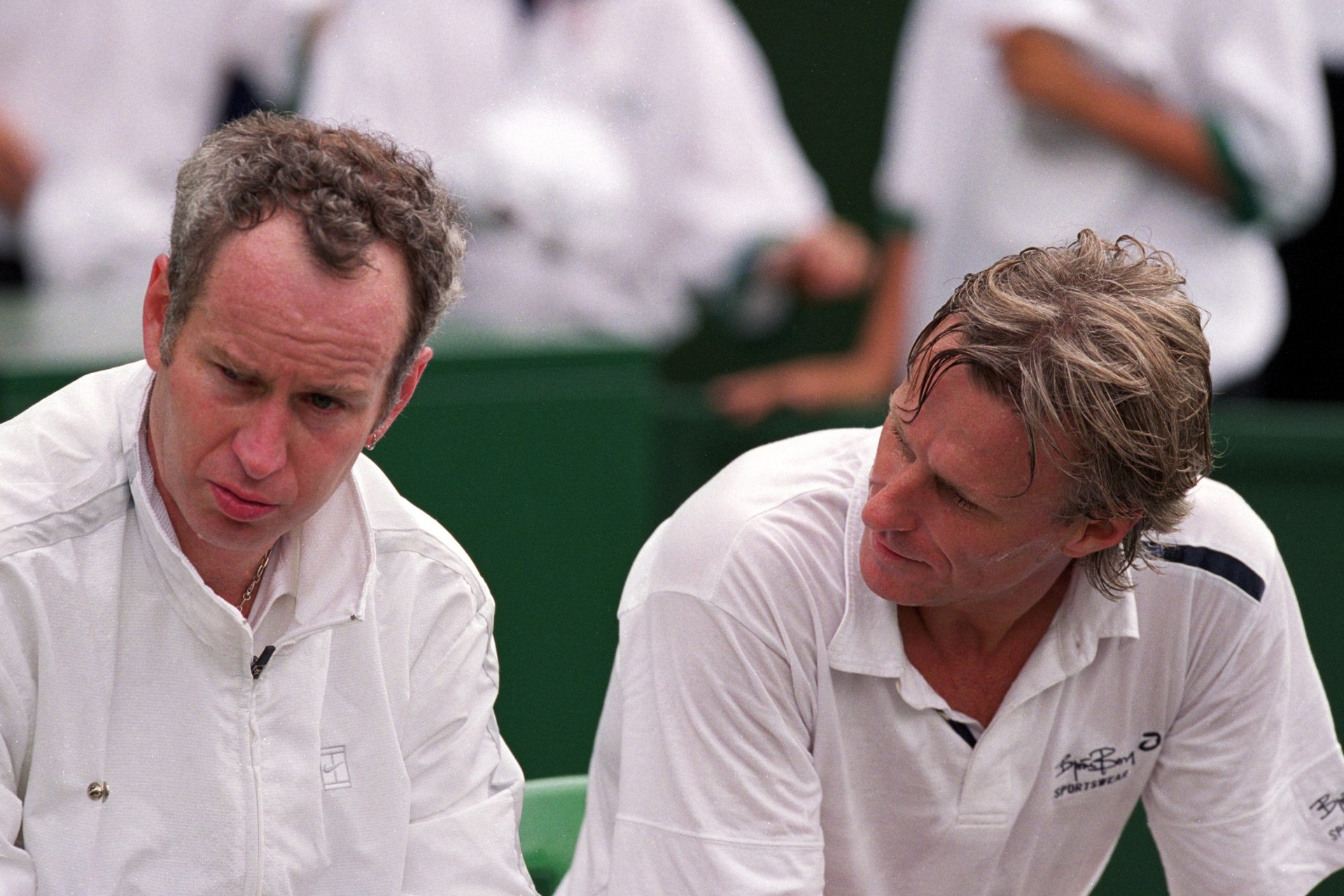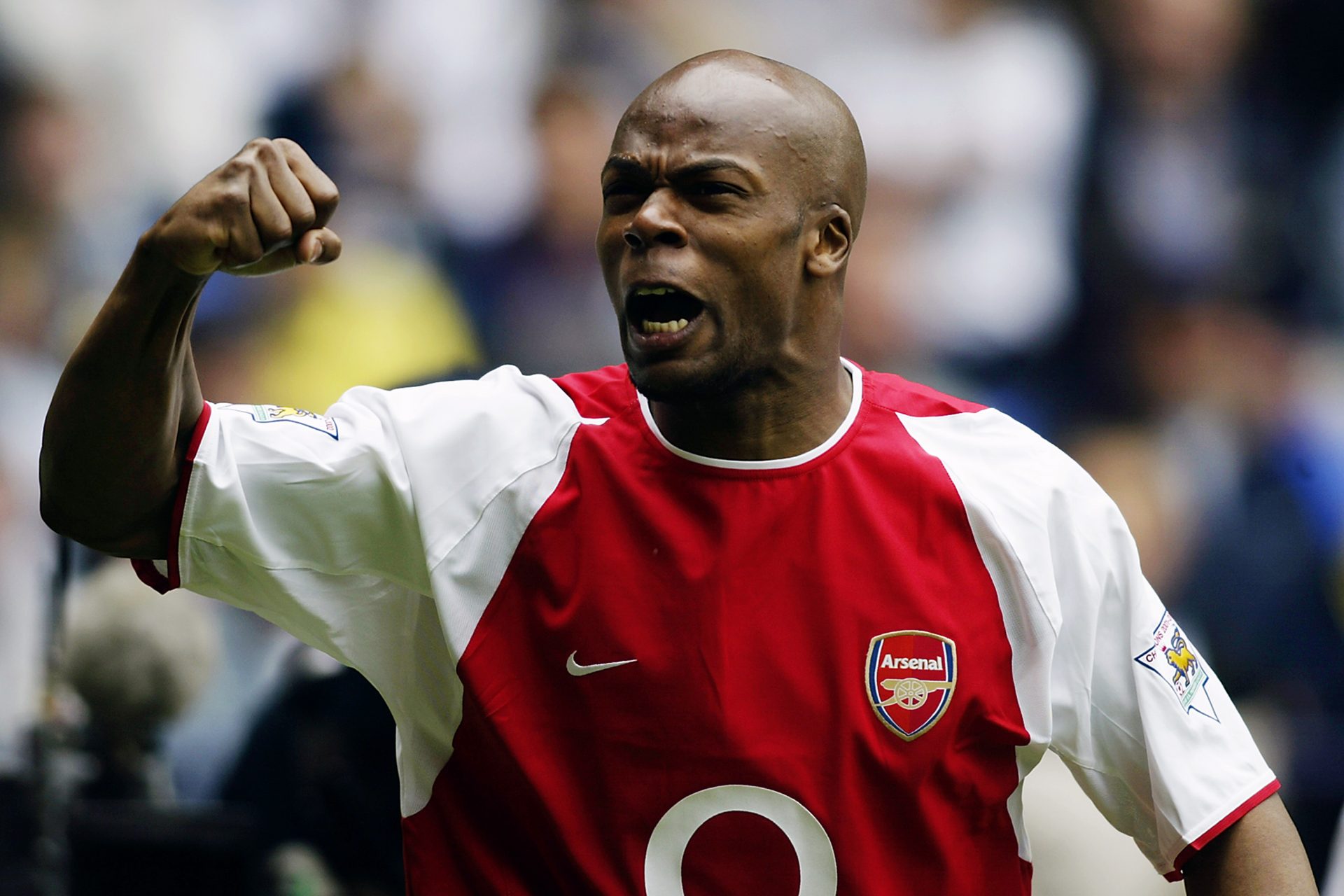Power ranking the worst scandals in NFL history
The National Football League has been a pillar of the sports landscape for over 100 years, and has experienced some pretty memorable scandals over the years.
From the Pottsville Maroons getting suspended from winning the 1925 Championship to gambling addictions and cheating coaches, we’re counting down 10 of the NFL’s most significant controversies in the last 100 years.
The 1925 NFL Championship had been officially held by the Chicago Cardinals since the end of that year’s postseason. But the title truly belonged to the Pottsville Maroons, who ended the year with the best record of any team.
Want to see more like this? Follow us here for daily sports news, profiles and analysis!
Unfortunately for the Maroons, then-NFL commissioner Joseph Carr suspended the team and removed them from the league after playing an unauthorized exhibition game against the Notre Dame All-Stars in Philadelphia.
Carr argued that the game infringed on the territorial rights of the Frankford Yellow Jackets and Maroons supporters were unable to get the suspension lifted according to information from Wikipedia. The NFL has since investigated the controversies at least two times in its history—once in 1932 and again in 1963—ruling in both cases that the Cardinals were the 1925 NFL champs.
In a weird twist of fate at the time, Cardinals owner Chris O’Brien refused to accept his team's championship saying that they didn’t deserve the win according to an article published in the Washington Post in the year 2000.
One of the biggest early controversies in the NFL was the 1963 gambling crisis that saw Green Bay Packers Paul Hornung and Detroit Lion Alex Karras suspended indefinitely by the-Commissioner Pete Rozelle for betting on NFL games.
According to a 2019 Fox Sports article, five other players from the Lions were implicated and fined $2000 each for allegedly betting on the 1962 NFL Championship game.
“Both players were reinstated a year later,” the Fox Sports article noted, “Hornung, a running back and punter, won two more championships with Vince Lombardi's Packers and was elected into the Pro Football Hall of Fame in 1986…Karras played seven more seasons in the league and the linebacker became an All-Pro for a third time in 1965.”
It took twenty years for the NFL to be rocked by another gambling controversy. But unlike the 1963 incident, the 1983 indefinite suspension of Baltimore Colts quarterback Art Schlichter was more about the league's image.
Schlichter was suspended by the league after the public learned that he had lost roughly $389,000 to several Baltimore bookies.
Schlichter was eventually allowed back into the league after seeking treatment for his addiction but only lasted two more seasons. The former Baltimore quarterback was later sentenced to 11 years in federal prison for fraud related to his gambling according to USA Today.
In 1990, sports reporter Lisa Olson alleged that she had been sexually harassed by several New England Patriot players while working for the Boston Herald in the team's locker room.
Olson sued the team and eventually settled the lawsuit. Then-Commissioner Paul Tagliabue fined the team and the three players involved a total of $72,500 but sparked a national controversy when team owner Victor Kiam called Olson “a classic b***ch,” according to the Baltimore Sun.
Want to see more like this? Follow us here for daily sports news, profiles and analysis!
In 2005, the NFL was forced to deal with one of the weirdest controversies it ever faced when allegations that 17 players from the Minnesota Vikings had a fornication party on a boat on Lake Minnetonka reached the public.
Two houseboats were rented out and several sex workers were flown in from varying states with some estimates noting that there were a total of ninety people between the boats.
Becoming known as the Love Boat Scandal, photographs were distributed and the team's head coach Mike Tice was axed. But the players involved suffered few repercussions.
“By most standards, the players held accountable for the Love Boat scandal got off relatively easy. None of the four ringleaders were suspended. Two of them — Fred Smoot and Bryant McKinnie — had to pay $1,000 fines and serve community service,” according to Rick Thomes from Sports Casting.
Any football fan will remember when Commissioner Roger Goodall fined the New England Patriots $250,000 in 2007 for allegedly recording the New York Jets defensive coaches.
Patriots head coach Bill Belichick was also fined $500,000 for his role in the incident, the highest amount by the league and largest in the NFL’s history even now according to Wikipedia.
The Patriots were coming off the peak of their early 2000s winning streak and controversy really rocked the football world. Not just for its obvious cheating but also because of its potential depth.
In the months after the story broke, news swirled about how many other teams the Patriots had secretly filmed and former Patriots video assistant Matt Walsh alleged that the team had been taping their opponents since the 2000 season.
The blowback was so intense in the months that followed that even the highest levels of the American government wanted to get involved after video evidence was allegedly destroyed.
"I am very concerned about the underlying facts on the taping, the reasons for the judgment on the limited penalties and, most of all, on the inexplicable destruction of the tapes,” wrote Senator Arlen Specter in a letter to Roger Goodall that was obtained by ESPN and published in 2008.
In 2012, Commissioner Roger Goodall was to deal with one of the league's greatest scandals when news broke that the New Orleans Saints had been paying its players bonuses for injuring other players on opposing teams,
Goodall meated out some very harsh punishments, suspending Saints head coach Sean Payton for the rest of the 2012 season and defensive coordinator Greg Williams indefinitely, according to Stadium Talk.
Want to see more like this? Follow us here for daily sports news, profiles and analysis!
Assistant head coach Joe Vitt, General Manager Mickey Loomis, and four Saints players were also suspended but it was determined that it was the coaches that led the charge to injure others.
Gregg Williams's suspension was eventually overturned and he returned to coaching in the NFL as did Sean Payton after serving his suspension. Both continued coaching until 2020 and 2021.
Reports of bullying in Miami spurred one of the most disastrous controversies in NFL history when it turned out that defensive lineman Jonathan Martin had indeed been humiliated by his teammates.
ESPN reported that Martin was subject to a pattern of harassment that involved the use of “racial slurs” as well as “vicious sexual taunts” about his mother and sister by three other players.
Further investigations revealed that a number of other individuals were involved and the whole incident sparked a national conversation about bullying in sports.
The New England Patriots were the subject of major controversy again in 2016 when Tom Brady was suspended for four games after he was accused of cheating in the 2014 AFC Championship Game against the Indianapolis Colts.
Brady was accused of deflating his team’s football over the course of three seasons and an investigation into the allegations found them to be true. Brady appealed his suspension but lost and the Patriots were fined $1 million for their actions and forced to give up their first-round pick in the 2016 NFL Draft.
San Francisco 49ers quarterback Colin Kaepernick made waves in 2016 when he opted to kneel during the national anthem. Kaepernick was protesting the treatment of Black Americans in the United States.
Shortly after the game in an interview with NFL Media, Kaepernick said "I am not going to stand up to show pride in a flag for a country that oppresses black people and people of color."
"To me, this is bigger than football and it would be selfish on my part to look the other way,” Kaepernick added, “there are bodies in the street and people getting paid leave and getting away with murder."
Kaepernick’s actions helped spark a national movement and truly changed the sports fans saw in their country. For the NFL’s part, it disagreed with Kaepernick’s actions but noted in a statement that "Players are encouraged but not required to stand during the playing of the national anthem."
Want to see more like this? Follow us here for daily sports news, profiles and analysis!
More for you
Top Stories



